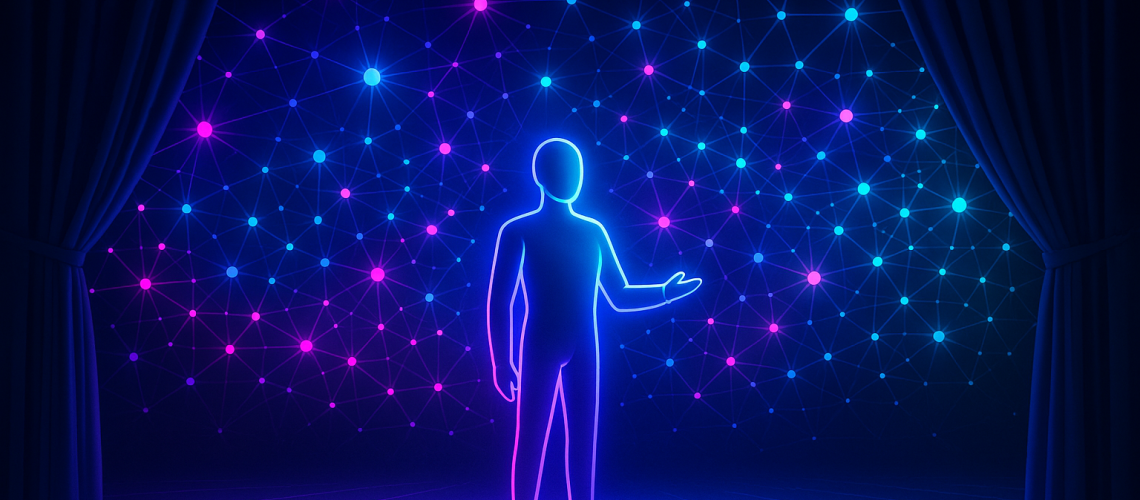There’s no shortage of hype around AI assistants. From scheduling meetings to writing reports, they’ve quickly become the most visible way we interact with artificial intelligence.
But here’s the catch: what you see is only the surface.
The assistant you speak to, type into, or click on is the front stage. The real intelligence — the heavy lifting — happens backstage.
The Front Stage vs. Backstage of AI
Think of an AI assistant as a concierge at a hotel. They greet you, answer questions, and make things happen. But they don’t personally cook your meal, clean your room, or maintain the building. Behind them is a coordinated system of specialists ensuring everything works seamlessly.
In AI, these specialists are intelligent agents — small, focused programs that handle specific tasks. The assistant pulls their work together into a smooth, conversational experience.
The Rise of Intelligent Agent Networks
Instead of one massive AI model doing everything, we’re moving toward networks of specialized agents.
- Some retrieve knowledge
- Others analyze data
- Others generate text, code, or designs
- Still others coordinate workflows
It’s like a digital orchestra. The assistant is the conductor, but the symphony only works because dozens of agents are playing in sync.
Why This Matters for Enterprises
This shift isn’t just technical — it’s strategic. For businesses, intelligent agent networks can:
- Accelerate decision-making by gathering and processing data in real time.
- Scale collaboration by having agents work across departments, tools, and even languages.
- Unlock invisible efficiency by automating entire workflows that used to require multiple teams.
The companies that master this orchestration will set the pace in their industries.
Designing Systems, Not Just Assistants
The real breakthroughs won’t come from assistants themselves. They’ll come from how we design the systems behind them.
Enterprises will need to think in terms of digital hierarchies: agents for strategy, agents for execution, agents for monitoring — all coordinated into an enterprise of intelligence.
The Future of Work in an Agent Economy
This has big implications for the future of work. Instead of measuring productivity by what an individual assistant can do, organizations will measure it by what their agent ecosystem can achieve.
That means rethinking workflows, leadership models, and even job design. Human roles will shift toward oversight, creativity, and decision-making — while agents handle execution at scale.
Conclusion: From Assistants to Enterprises of Intelligence
AI assistants may dominate the spotlight, but the real story is happening backstage.
The question for leaders isn’t “What can my assistant do?”
It’s “What enterprise of intelligence am I building behind it?”
Because in the future, it’s not the assistant that defines competitive advantage — it’s the system that powers it.
Ready to Unlock the Power of Intelligent Agents?
From automating complex workflows to creating smarter, proactive customer experiences — AppsTechy can help you design and deploy intelligent agent solutions that give your business a real edge.




